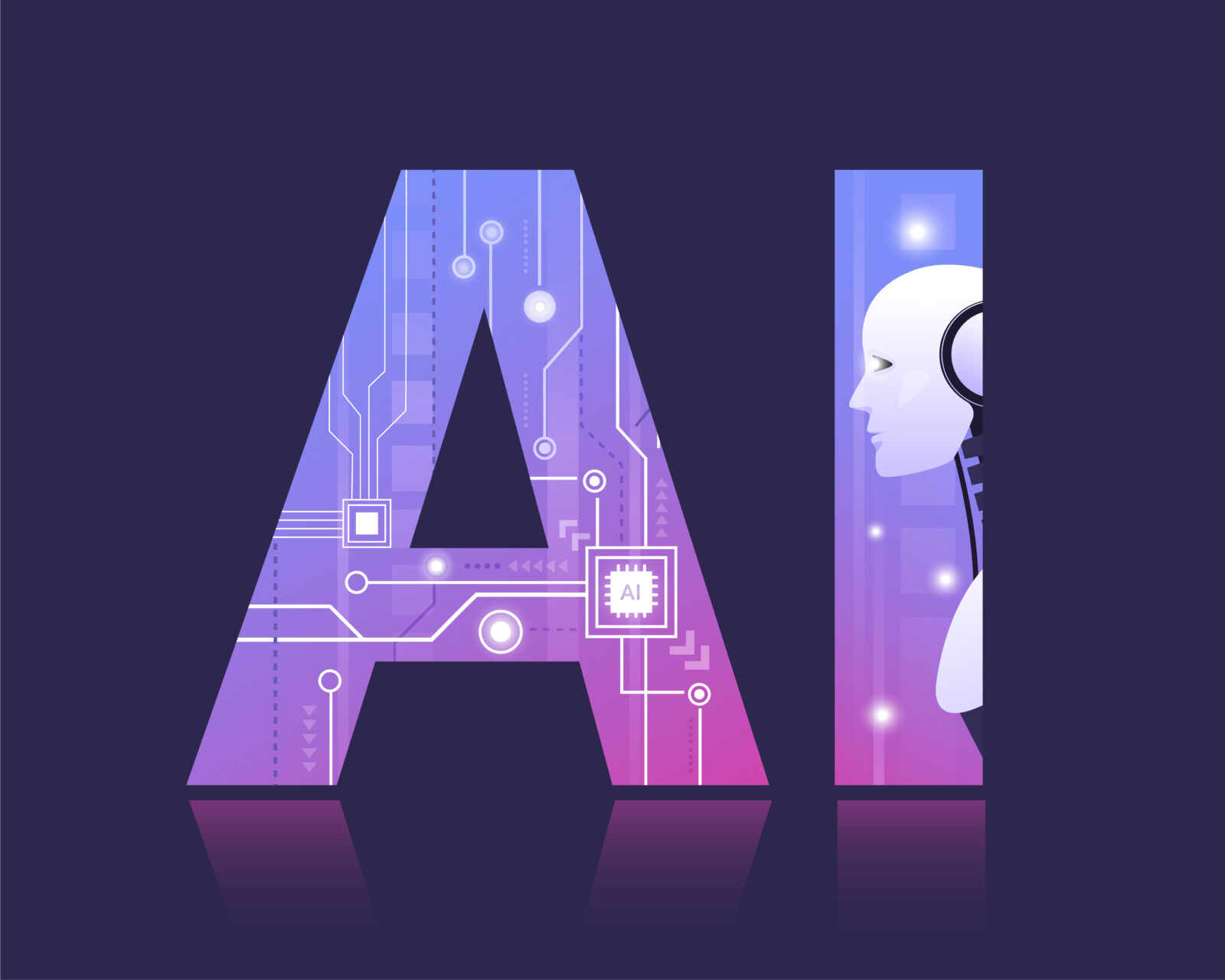In this era of technological advancements, e-commerce platforms have become an integral part of our lives. With the growing demand for online shopping, businesses are constantly looking for ways to enhance the customer experience and streamline their operations. One technology that has revolutionized the e-commerce industry is Artificial Intelligence (AI). In this blog post, we will explore the various e-commerce platforms that leverage AI to provide personalized experiences, improve efficiency, and drive sales.
E-commerce is the process of buying and selling goods or services online. It has been growing rapidly in the past decade, reaching a global revenue of $4.28 trillion in 2020. However, e-commerce is also facing many challenges, such as increasing competition, changing customer expectations, and complex logistics. To overcome these challenges, many e-commerce platforms are turning to artificial intelligence (AI) to enhance their performance, efficiency, and customer satisfaction.
AI is the branch of computer science that aims to create machines or systems that can perform tasks that normally require human intelligence, such as learning, reasoning, and decision-making. AI can help e-commerce platforms in various ways, such as:
- Personalizing the shopping experience: AI can analyze customer data, such as browsing history, purchase history, and preferences, to provide personalized recommendations, offers, and content. For example, Shopify is a comprehensive e-commerce platform that uses AI to create personalized product recommendations, dynamic pricing, and email marketing campaigns for its merchants.
- Improving customer service: AI can power chatbots and voice assistants that can interact with customers in natural language, answer their questions, solve their problems, and even identify cross-sell and upsell opportunities. For example, Gorgias is an AI-driven customer service platform that integrates with e-commerce platforms such as Shopify, Magento, and WooCommerce and provides automated responses, sentiment analysis, and ticket routing.
- Optimizing inventory and order management: AI can help e-commerce platforms manage their inventory and orders more efficiently, by forecasting demand, reducing stockouts, and automating replenishment. For example, Katana is an intelligent inventory and order management software that integrates with e-commerce platforms such as Shopify, WooCommerce, and Etsy, and helps them plan their production, track their inventory, and fulfill their orders.
- Detecting and preventing fraud: AI can help e-commerce platforms prevent fraudulent transactions, by analyzing customer behavior, payment patterns, and risk factors. For example, Kount is an AI-based fraud prevention platform that integrates with e-commerce platforms such as Shopify, Magento, and BigCommerce and provides real-time fraud detection, chargeback prevention, and identity verification.
- Targeting potential customers: AI can help e-commerce platforms reach new and existing customers, by using data-driven marketing strategies, such as search engine optimization, social media marketing, and email marketing. For example, Getresponse is a marketing automation platform that uses AI to create personalized and relevant email campaigns, landing pages, and webinars for e-commerce platforms.
1. Chatbots for Customer Support
One of the most common applications of AI in e-commerce is the use of chatbots for customer support. These intelligent virtual assistants can handle customer queries, provide product recommendations, and even assist in the purchasing process. By analyzing customer data and using natural language processing, chatbots can offer personalized responses, making customers feel valued and understood.
For example, Amazon’s chatbot, Alexa, uses AI algorithms to understand user requests and provide relevant information. This not only saves time for customers but also reduces the workload of customer support agents, allowing them to focus on more complex issues.
2. Personalized Product Recommendations
AI-powered recommendation engines have become a game-changer for e-commerce platforms. By analyzing user behavior, purchase history, and preferences, these algorithms can suggest products that are most likely to interest individual customers. This not only enhances the shopping experience but also increases the chances of cross-selling and upselling.
Online retail giant, Alibaba, utilizes AI to provide personalized product recommendations to its customers. By analyzing billions of data points, including browsing history, purchase behavior, and social media interactions, Alibaba’s recommendation engine offers tailored suggestions that align with each customer’s unique preferences.
3. Visual Search for Enhanced Product Discovery
Another exciting application of AI in e-commerce is visual search. Instead of relying solely on text-based queries, customers can now search for products using images. AI algorithms analyze the visual characteristics of the image and provide relevant search results, making it easier for customers to find what they are looking for.
Pinterest Lens is a prime example of a visual search tool that leverages AI. Users can take a photo of an item or select an image from their camera roll, and Pinterest will display visually similar products. This technology not only simplifies the search process but also opens up new possibilities for product discovery.
4. Inventory Management and Supply Chain Optimization
AI can also play a crucial role in optimizing inventory management and supply chain operations. By analyzing historical sales data, market trends, and external factors, AI algorithms can predict demand patterns and optimize inventory levels. This helps businesses reduce stockouts, minimize excess inventory, and ultimately improve customer satisfaction.
Walmart, one of the world’s largest retailers, uses AI to manage its inventory more efficiently. By analyzing sales data, weather forecasts, and transportation schedules, Walmart can accurately predict demand and ensure that the right products are available at the right time and in the right quantities.
These are just some of the examples of how AI can benefit e-commerce platforms. AI can also help e-commerce platforms with other aspects, such as image recognition, product description, review filtering, voice search, and more. By using AI, e-commerce platforms can improve their customer experience, increase their sales and revenue, and enhance their operational efficiency.
AI is not a futuristic technology, but a present reality. Many e-commerce platforms are already using AI to gain a competitive edge in the market. According to a report by Salesforce, 51% of marketing leaders are already using AI, and 57% plan to do so in the next two years. AI is not only a tool, but a necessity for e-commerce platforms to survive and thrive in the digital age.
As e-commerce continues to evolve, the integration of AI technologies is becoming increasingly important. From chatbots for customer support to personalized product recommendations, visual search, and inventory management, AI is transforming the way businesses operate in the online marketplace. By leveraging the power of AI, e-commerce platforms can provide a more personalized and efficient shopping experience for customers, ultimately leading to increased sales and customer loyalty.
So, whether you’re a business owner or a customer, keep an eye out for these AI-powered e-commerce platforms that are shaping the future of online shopping.





Leave a Reply